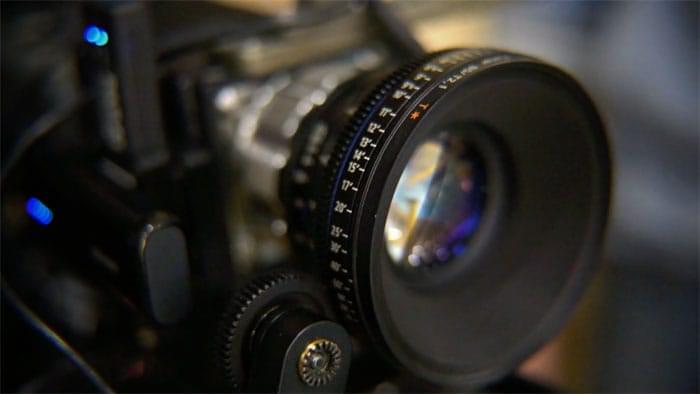
Say what you will about the likes of such shows as VH-1’s “Behind the Music” or “E! Biography.” At least they’re not scared to dig up the dirt, so to speak, on their subjects. The same thing, unfortunately, can’t be said about “Antone’s: Home of the Blues.” For while “fawning” is too harsh a word to describe director Dan Karlok’s biopic of Austin’s legendary blues club and the man who founded it, it comes dangerously close to being so.
“Antone’s…” tells the story of how a young white kid growing up in the Texas-Louisiana hinterlands fell in love with the blues; a love affair that led to the almost accidental founding of the blues club in the 1970s that bears his name today. The news quickly spread quickly that the blues had found a home on Austin’s now-legendary 6th Street, and before long, the homegrown club found itself playing host to a veritable “blues-who” Hall of Fame.
The film is at its strongest here, as it brings to life, through the magic of archival videotapes and photographs, such American music legends as Muddy Waters, Albert Collins, Clifton Chenier, Albert King, Stevie Ray Vaughan, and others far too numerous to mention. Throw in a mix of interviews with such living legends as B.B. King, Jimmie Vaughan, Willie Nelson and ZZ Topp’s Billie Gibbons, intercut with Clifford and friends’ reminiscences over dinner and drinks, and “Antone’s: Home of the Blues” does a tremendous service by preserving precious Americana.
The film also tries to pass the torch to today’s young bluesman and women, primarily because the legends are fading away, but the lack of a visceral connection with these new names and faces comes through.
While “Antone’s…” is a little guilty of preaching to the converted — which might irk Clifford himself, as he’s devoted his life to making new converts to the blues gospel — the bigger problem here is the film’s gushing one-sidedness. Clifford Antone’s love for the music and the people who play it is palpable, and the film shows how he’s given generously of his time and money to support that cause.
The darker, barely mentioned side of the story is that he’s been convicted on drug-related charges on more than one occasion, having just recently completed a three-year sentence in a federal penitentiary. Yet, this aspect receives less than five minutes of screen time. While it’s not a part of the story that needs to be amplified and dwelled on, such glossing over makes for a simplistic and unbalanced portrayal of the man’s life which, in turn, waters down the film’s impact considerably.
Ultimately, the best thing about “Antone’s: Home of the Blues” might be the stunning soundtrack which Karlock and company could cull from this decent and well-intentioned, if flawed film. And in the end, as Clifford himself would probably say, it’s the music itself that matters more than anything.
